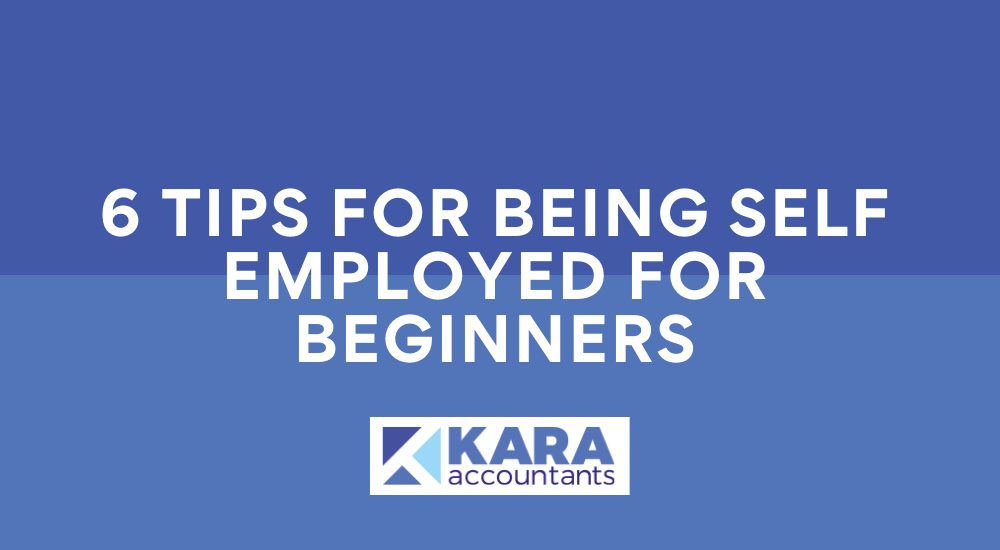
6 Tips For Being Self-Employed For Beginners
In recent years, there has been a large number of workers that have found themselves struggling with the idea of working a standard 9 am – 5 pm job. Because of this, they are becoming self-employed in hopes that they have more flexible working hours.
If you converted from employment to business owner in order to follow a passion, you’ve already ticked the first box of success tips. You need to love what you’re doing in order to be successful at it. Other than loving what you do, what tips could help you be successful in your self-employed venture?
1.Check that you have everything to start your own business
When starting your own business, it is essential that you complete/have the key things. These include registering the business, setting up your business with HMRC, sorting out insurance, managing assets and ensuring you have the correct materials. By making sure you have all the things before you start work, you are guaranteed to be better prepared. If you’re still unsure whether you have all of these things in place, talk to one of our financial advisors for the advice you need.
2. Registering for self-assessment
One thing that you’ll have to do once you become self-employed is complete a tax return for each year of trading. Tax years run from the 6th of April to the 5th of April the following year and are due by the 31st of January. To avoid a penalty fine, register your business status by the 5th of October prior to the January deadline. It’s best to register as soon as possible. This will help avoid any hold-ups or disputes, as well as ensure that payments are made before the deadlines.
2. Keep a copy of your receipts
When owning a business, it is essential that you keep a copy of (or the original) receipts that relate to your business. It can be easy to lose them so make sure they are stored properly or take a photo of the receipt to ensure that you still have it, even when lost. To be even more secure, store them in a separate file on your computer and then upload them to cloud storage so that they are accessible from any device.
3. Keeping your books tidy
By keeping your books up together, you can help balance your finances, as well as keep track of your expenditure. It is legally required for you to keep records for specific amounts of time, depending on your business state. Typically, the time amount is a minimum of 5 years.
4. Set up a separate bank account
Just because you’re a small business owner, you may think that you don’t need a business account; however, having a business account is very useful for numerous reasons. The main reason is that it enables you to keep a neat track of your transactions, without having to dig them out of your personal account. It also makes it much easier to produce paperwork for the taxman.
5. Put relevant funds aside
It is critical that you pay the taxman, your National Insurance Contributions (NIC) and any other expenses you have. By leaving yourself short, you can make it extremely difficult to pay these important expenses. Try to not spend all your hard-earned income as soon as it is deposited into your bank. Instead, keep these important expenses aside so that you can cover them. You can even pay these funds into a separate bank account so that you have the money when the bill is needed to be paid. You can look at the Government website to determine your income tax and NIC calculations.
6. Conclusion
Overall, your key focus is your business and not your finances. If you struggle with your finances, your accounting could take up your valuable time. By having an accountant, you can make sure that your business doesn’t suffer as you will have more time to focus on your business and its growth.
If you’re currently setting up as self-employed, it is always a good idea to get professional financial advice.
At Kara Accountants, we work with local businesses, freelancers, sole traders, and limited company contractors to ensure the smooth running of their business. We offer a wide range of services to suit each business’ needs. If you’d like to find out how we can benefit your business, we’d love to speak with you. Get in touch with us now!

This Post Has 0 Comments